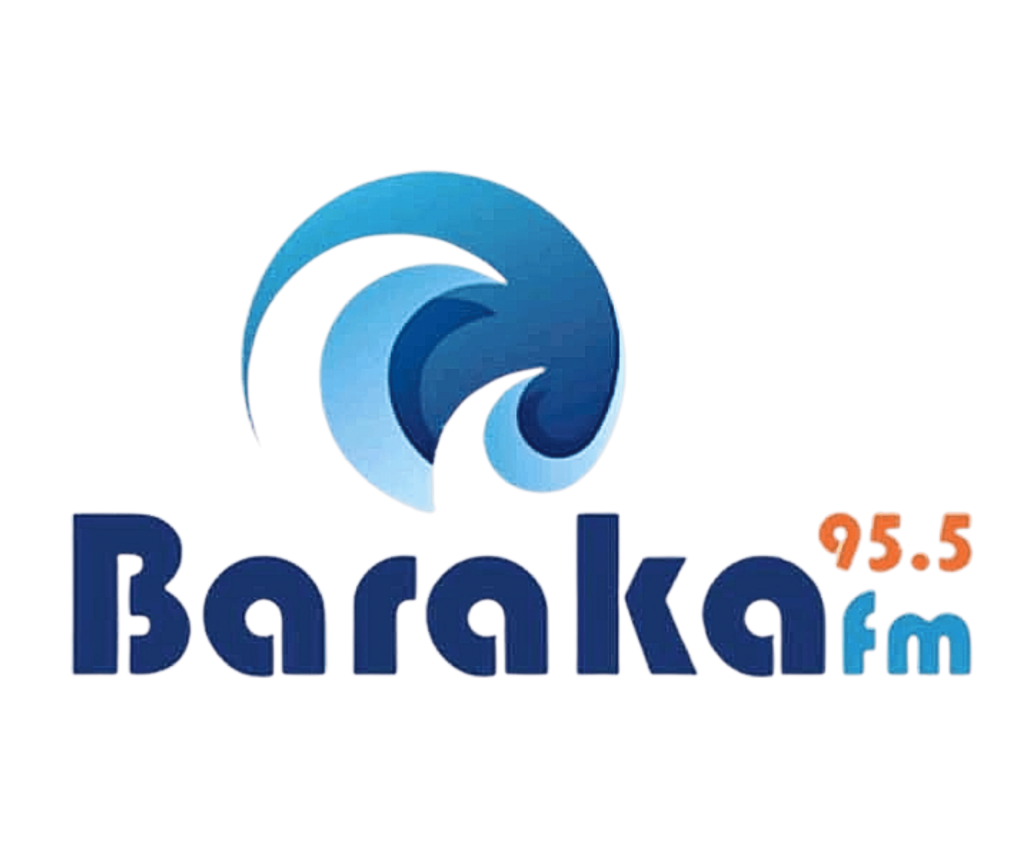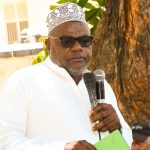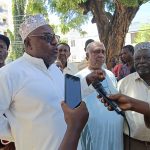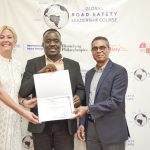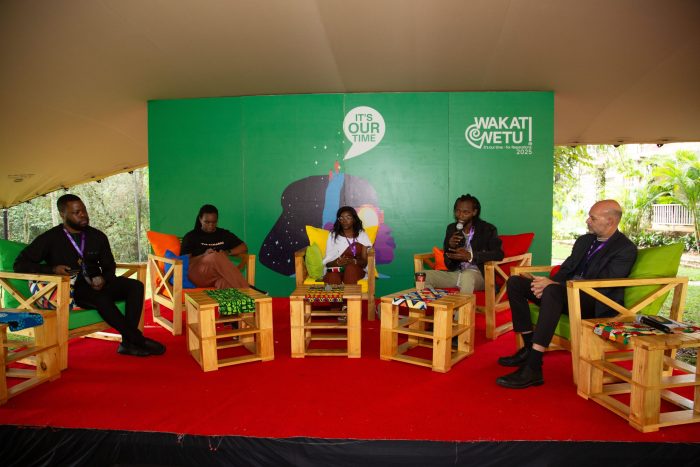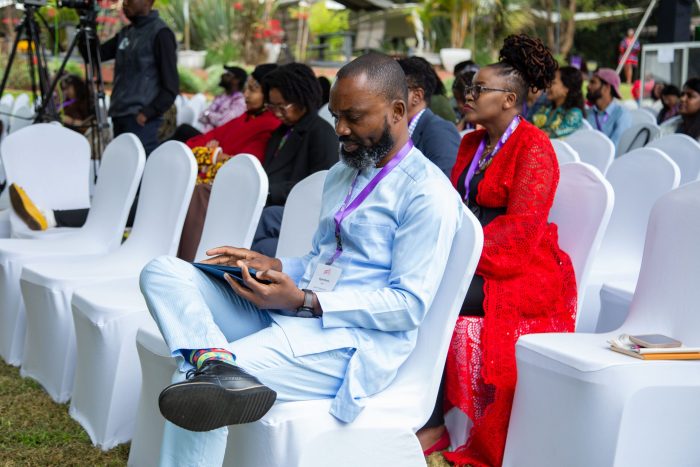Nairobi: A spirit of remembrance, resistance, and renewal filled the serene grounds of Entim Sidai Wellness Sanctuary in Nairobi on Wednesday, as Africa’s first-ever reparations festival , Wakati Wetu: It’s Our Time, officially opened.
The two-day gathering, convened by African Futures Lab, Baraza Media Lab, AU ECOSOCC, and Reform Initiatives, has drawn together hundreds of artists, scholars, policymakers, and Pan-Africanists from across the continent.
Themed “It’s Our Time: To Resist, Repair and Reclaim,” the festival marks a historic moment in Africa’s growing movement for reparatory justice.
Opening the event, award-winning author Yvonne Adhiambo Owuor delivered a searing keynote that challenged participants to confront Africa’s unhealed historical wounds.
“Reparations is first an act of moral autopsy and then moral exorcism,” she said. “There is no repair or healing without walking into, around, and naming the wound in its fullness.”
Owuor warned against diluting the pursuit of justice through sanitized development language.
“Why would we want to integrate reparations into development—fold justice back into the very economic model that produced injustice?”
Her remarks set a reflective tone for the day, urging the audience to see reparations not as a demand, but as a process of collective truth-telling and healing.
Veteran lawyer and former Member of Parliament, Paul Muite, who led the Mau Mau reparations case against the British government, reminded the audience that successful justice efforts must be grounded in historical accuracy.
“In order for reparations cases to succeed, the starting point is research—accurate records of who was who, who did what, with their names. Justice begins with truth,” he said.
Muite recalled the betrayals that followed Kenya’s independence, when the plight of freedom fighters was forgotten even by the leaders who succeeded colonial rule.
In a session titled “Ubuntu: Media and Memory,” journalist Ngartia Mūrūthi explored how colonial media shaped false narratives of African inferiority.
“For the colonial project to succeed, it had to manufacture consent. Newspapers were the biggest tools of propaganda,” he observed.
Media scholar Christine Mungai added that today’s journalists must have the courage to tell uncomfortable truths:
“For a journalist, it takes bravery to go against the grain—to resist conventions and tell stories that make power uncomfortable. That courage is part of repair.”
Philosopher Yoporeka Somet and academic Dr. Natasha Shivji both emphasized that reparations must begin with Africans reclaiming their identity and agency.
“You cannot talk about renaissance if you do not know your history,” said Somet.
“The language of reparations is not simply a demand on the outside world; it is a demand on the state,” added Shivji. “It must organize its people and its history into a revolutionary platform.”
Beyond discussion, the festival’s artistic program,curated under the theme “Confronting the Silence”,blended music, poetry, and film to express the emotional dimensions of repair.
Kenyan music icon Eric Wainaina headlined the opening concert alongside DJ Talie, Koko Koseso, and NiK DJ, while filmmakers screened If Objects Could Speak and How to Build a Library—films that explore stolen African heritage and memory.
Festival convener Liliane Umubyeyi, Executive Director of the African Futures Lab, said the event was as much about renewal as remembrance.
“Justice is both a political and cultural question. Our shared creation has the power to renew our understanding of our place in history. The time is truly ours. Ni Wakati Wetu!” she said.
The festival continues through Thursday, October 23, with sessions on Tax Justice, Climate Reparations, and Gendered Reparations, culminating in a closing keynote by Brian Kagoro and performances by Sitawa Namwalie and June Gachui.
As the African Union prepares to launch the Decade of Reparations (2026–2036), Wakati Wetu signals the beginning of a new era—one in which Africa no longer petitions for justice, but defines it on its own terms.
